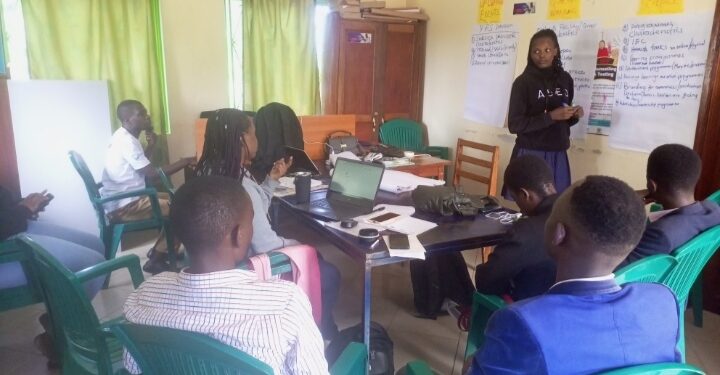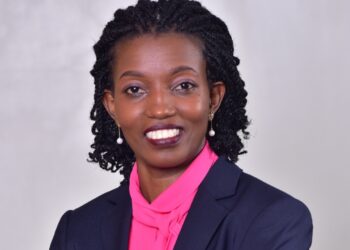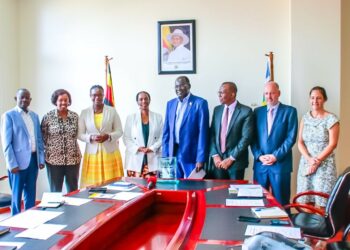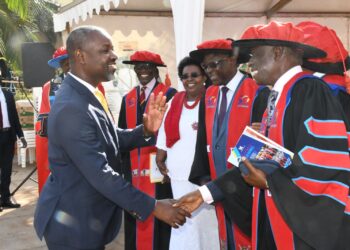By Immaculate Ayesiga
Young people in the Rwenzori region have tipped off about youth-friendly services for health.
Youth-friendly service provision for health in Uganda is a challenge. Several health centers lack these facilities because of lack of space, experts, will, or funding, among other reasons.
This has a direct impact on young people who are afraid to go to health centers and express their health concerns, particularly those related to sexual reproductive health and rights (SRHR).
“A young person will get affected by a urinary tract infection but will feel shy to go to a health center because they fear confidentiality and privacy of their health status information,” Lucy Kabanveri, RHRN and 2 Peer Educator, says.
On the other hand, sexually active young people who contract sexually transmitted diseases but need both treatment and counseling end up missing out because of issues of confidentiality and privacy surrounding their health status declaration.
According to the 1995 Uganda constitution, Article 29 provides for freedom of speech, assembly, movement, association, expression, and opinion. The rights to health and education are also provided, including under other regional and international human rights conventions that have been ratified by the government of Uganda.

Hassan Ssebugwaawo, RHRN–2 Project Officer for Rwenzori Region, believes that through partnerships with local governments, religious, and cultural institutions in the Rwenzori region, several youth centers that offer friendly and quality health services to young people can be acquired.
“We are currently in talks with the young people, the Fort Portal City Council authorities, and the Tooro Kingdom about availing spaces for youth centers in Kabalore district,” Ssebugwaawo says.
The young people are upbeat about the moves to acquire youth centers for recreation, socialization, and health counseling in Kabalore district and Fort Portal City.
Oscar Melvin Gumisiriza, a RHRN–2 SRHR Advocate, thinks that with places like youth centers where young people gather to exchange ideas, play games, receive health counseling, and receive referrals, it will be easy for young people to stay safe and increase their knowledge about various issues.
Flavia Komuhimbo, an SRHR trainee at Reproductive Health Uganda’s (RHU) Kabalore branch, is optimistic many young people like her will benefit from the youth-friendly service centers once established in the Rwenzori region.
“Youth-friendly centers, which are intended to provide better health, recreation, and learning services to young people, should have been established a long time ago.
“When young people reach out to health centers, especially those offering family planning services, people draw the wrong conclusion that they are promiscuous,” says Komuhimbo.
Sam Mwandara, RHRN-II National Coordinator, is glad the young advocates have reached out to Tooro Kingdom and the local government for young people and youth-friendly services. He believes that once in place, the youths and young people will reap a lot together in the Rwenzori region of Uganda.
This comes as Uganda struggles with 25% teen pregnancy, female genital mutilation, sexuality education, gender justice and equity issues despite the fact that 78% of its population is young, including youths.
Do you have a story in your community or an opinion to share with us: Email us at editorial@watchdoguganda.com













